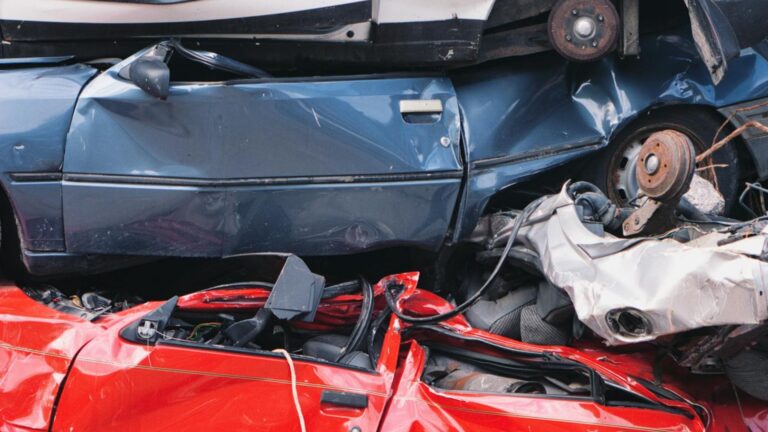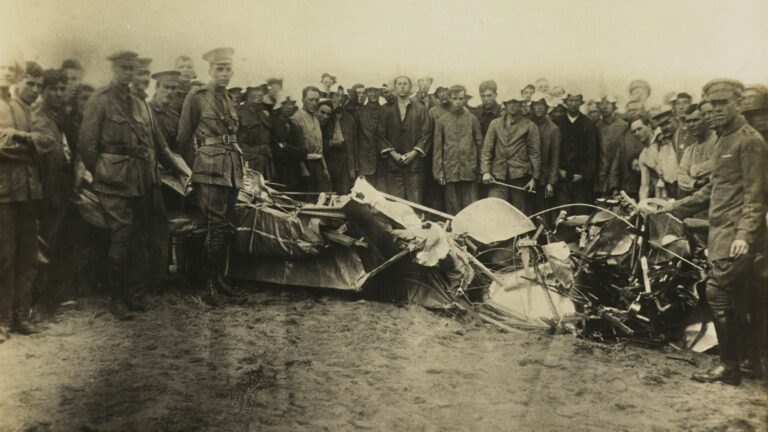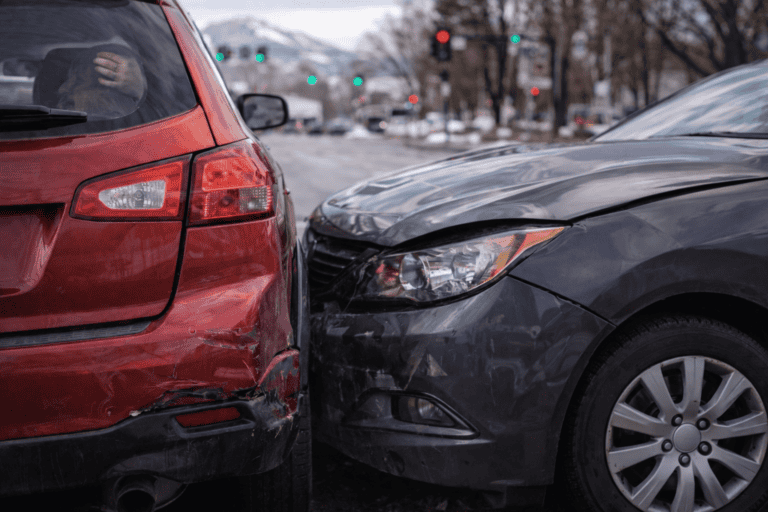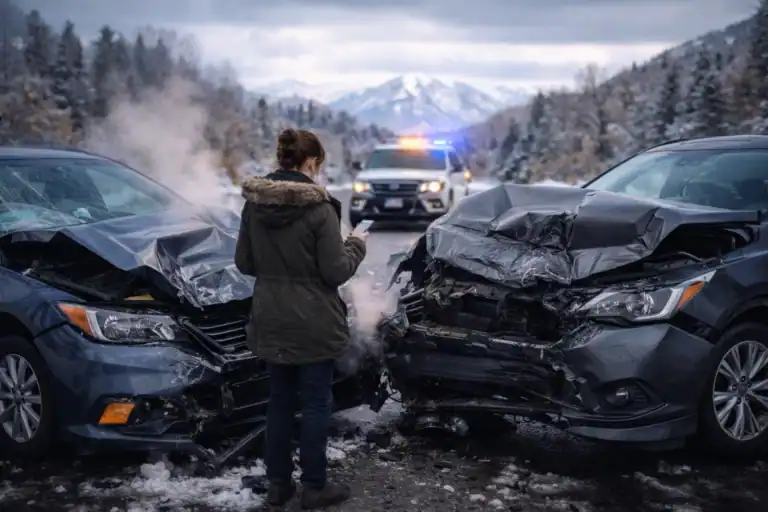What to Do After a Hit-and-Run Accident
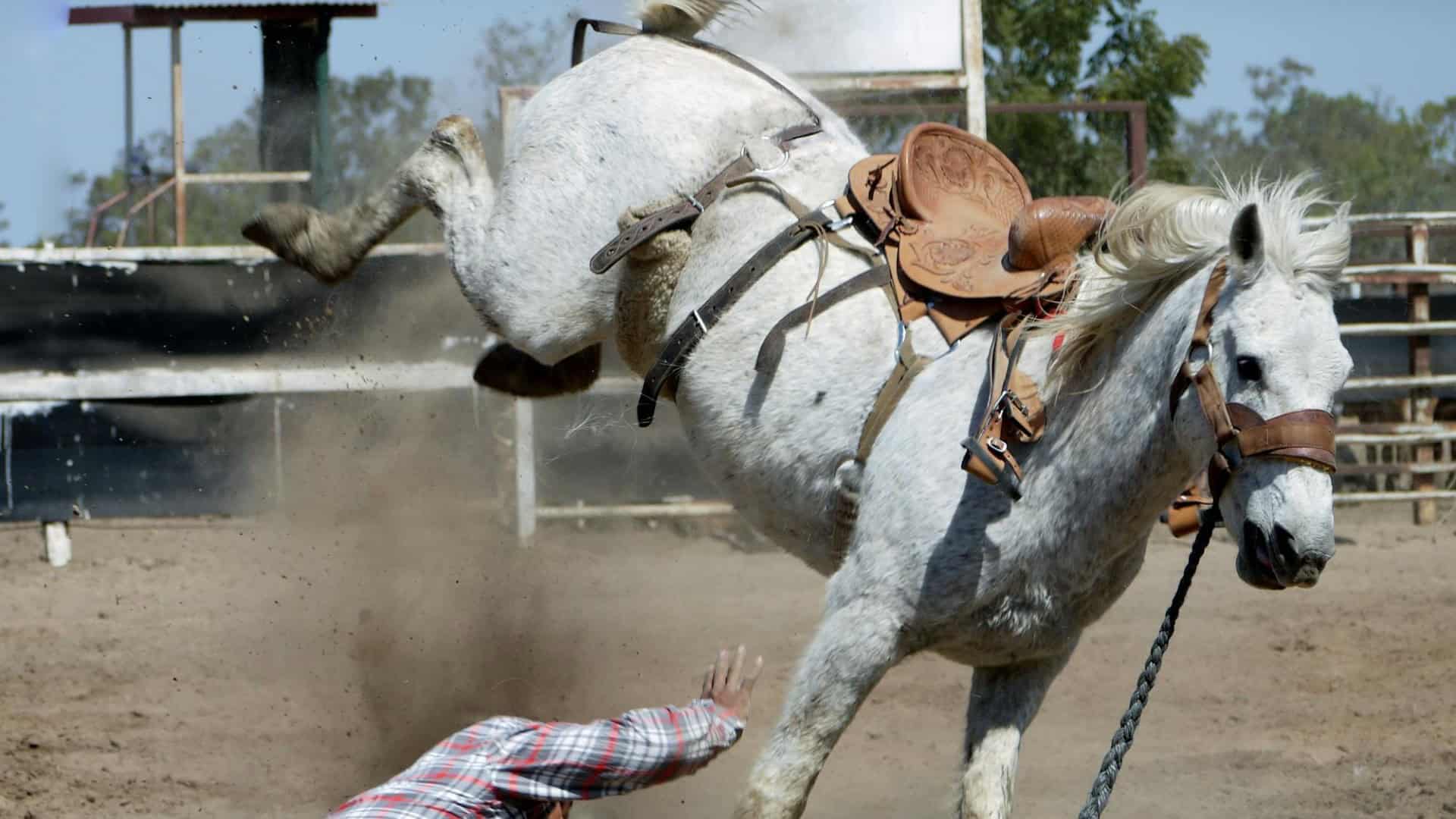
Introduction
A hit-and-run accident is a stressful, unexpected event that can leave even the most prepared individuals feeling overwhelmed. As someone who takes their financial and insurance planning seriously, you likely have provisions in place to protect yourself in such unpredictable circumstances. However, knowing exactly what to do after an accident can make all the difference in securing compensation and minimizing the financial strain. In this article, we’ll walk you through the crucial steps to take after a hit-and-run accident, ensuring that you’re protected and well-informed in case you need to pursue legal or insurance options.
Steps to Take After a Hit-and-Run Accident
1. Ensure Your Safety and Health
The first priority after any accident is to ensure the safety of everyone involved. If you’re injured, seek medical attention immediately. Even if your injuries seem minor, it’s crucial to have a medical evaluation as some conditions may not present themselves until later. Additionally, calling emergency services ensures that an official record is made, which will be essential for insurance and legal proceedings later.
2. Call the Police and Report the Accident
In Colorado, it’s essential to report a hit-and-run accident to the police as soon as possible. This is especially important in cities like Commerce City, where traffic laws and regulations are strictly enforced. By filing a police report, you not only comply with legal requirements but also create documentation that will support any future claims with your insurance company or a potential lawsuit. Provide the authorities with as much detail as possible, including the time, location, and any witnesses who might have seen the accident.
3. Document the Scene
While waiting for the police to arrive, take time to document the scene. Gather as much evidence as possible to support your case. Take photos of your vehicle’s damage, the surrounding area, and any debris left behind. If there are witnesses, ask for their contact information and statements about what they saw. Even in high-traffic areas like Aurora or Westminster, small details can make a significant difference in identifying the person responsible for the accident.
4. Notify Your Insurance Company
After ensuring that you and anyone involved are safe and the police report has been filed, your next step is to notify your insurance company. Colorado law requires drivers to carry uninsured motorist (UM) coverage, which could be extremely helpful in hit-and-run cases where the other driver cannot be identified. This coverage can provide compensation for medical expenses, lost wages, and other damages. Be sure to provide your insurer with all relevant information, including the police report number, photographs, and witness statements.
5. Consult a Hit-and-Run Accident Lawyer
Navigating the aftermath of a hit-and-run accident can be challenging, especially when it comes to securing compensation. Consulting with an experienced hit-and-run accident lawyer can significantly improve your chances of a favorable outcome. Attorneys like those at Flanagan Law, based in Commerce City and other major cities across Colorado, are skilled in handling the complexities of hit-and-run cases. They can help you explore all legal avenues, including pursuing compensation through your own insurance policy or filing a personal injury lawsuit against the at-fault driver once they are identified.
Smart Insurance Planning Tips for Maximizing Coverage
If you have invested in additional insurance coverage, such as uninsured motorist coverage or medical payments coverage, your foresight can play a critical role in minimizing the financial strain after a hit-and-run. While Colorado requires a minimum level of UM coverage, wealthier individuals often opt for higher coverage limits. This can protect against the substantial costs associated with medical treatment, vehicle repair, and lost income—particularly in complex cases where the at-fault driver cannot be located.
For example, consider a scenario where a driver in Littleton with high UM coverage faces medical bills exceeding $100,000 after a serious hit-and-run accident. Their proactive decision to increase their coverage means they won’t be left paying out of pocket for extensive medical treatments.
Conclusion
Dealing with a hit-and-run accident can be both frustrating and financially challenging, but taking swift, informed action can significantly improve your chances of securing the compensation you deserve. By ensuring your safety, documenting the scene, filing a police report, notifying your insurance company, and consulting a qualified lawyer, you’ll be better equipped to handle the aftermath. For those who have invested in comprehensive coverage, this preparation can ease the burden and provide a financial safety net.
If you or a loved one have been involved in a hit-and-run accident, contact Flanagan Law today to discuss your legal options and ensure that your rights are fully protected.
FAQ
What should I do if I can’t identify the hit-and-run driver?
If you can’t identify the driver, your uninsured motorist (UM) coverage can step in to help cover your expenses. Colorado law mandates UM coverage, which provides compensation in cases like these.
How long do I have to report a hit-and-run accident?
In Colorado, you must report an accident to the police as soon as possible. Failing to do so can jeopardize your insurance claim or legal case. It’s crucial to report the incident while the details are fresh.
Can I still file a claim if I don’t have uninsured motorist coverage?
If you don’t have UM coverage, options may be limited. However, an attorney can help explore other avenues for compensation, such as personal injury protection (PIP) or suing the driver if they’re identified.
What evidence is important in a hit-and-run accident claim?
Important evidence includes a police report, photos of the scene, witness statements, and medical records. Detailed documentation strengthens your claim and increases the chances of compensation.
Do I need a lawyer to handle my hit-and-run accident claim?
While you are not required to hire a lawyer, having one can significantly improve your chances of obtaining compensation, particularly if the case involves high damages or complex legal issues.
By following these steps and relying on your existing insurance protections, you can recover more effectively from a hit-and-run accident and avoid additional stress. Your foresight in planning for such situations will ultimately make the process smoother, ensuring your financial and legal interests are protected.

